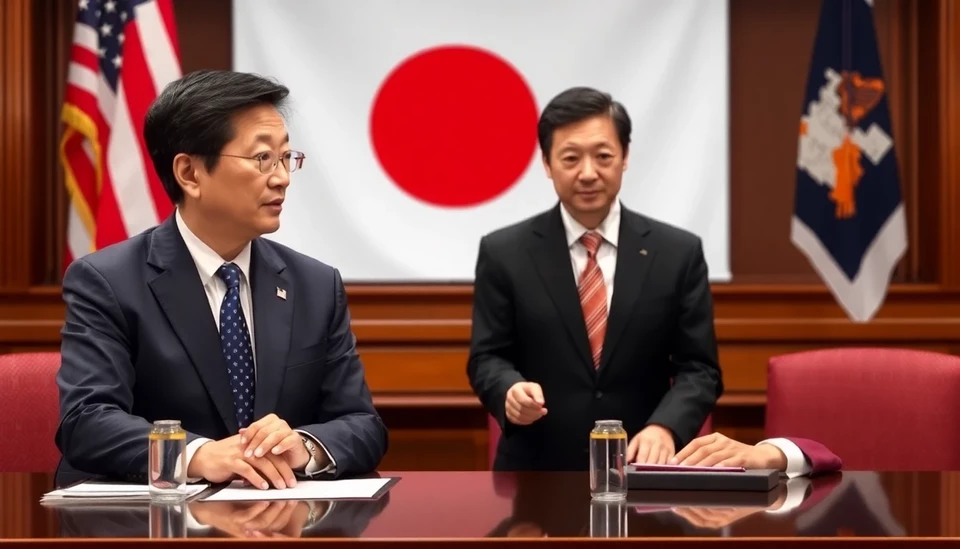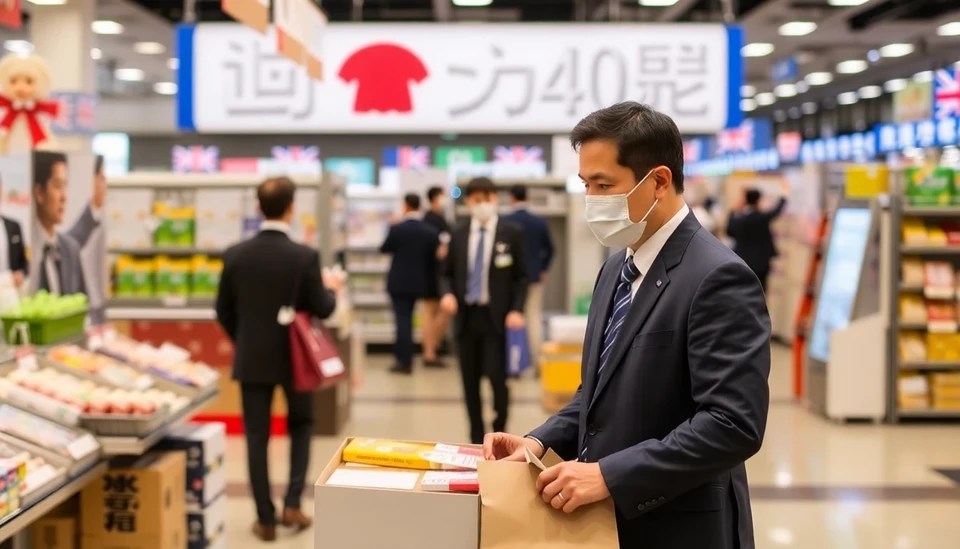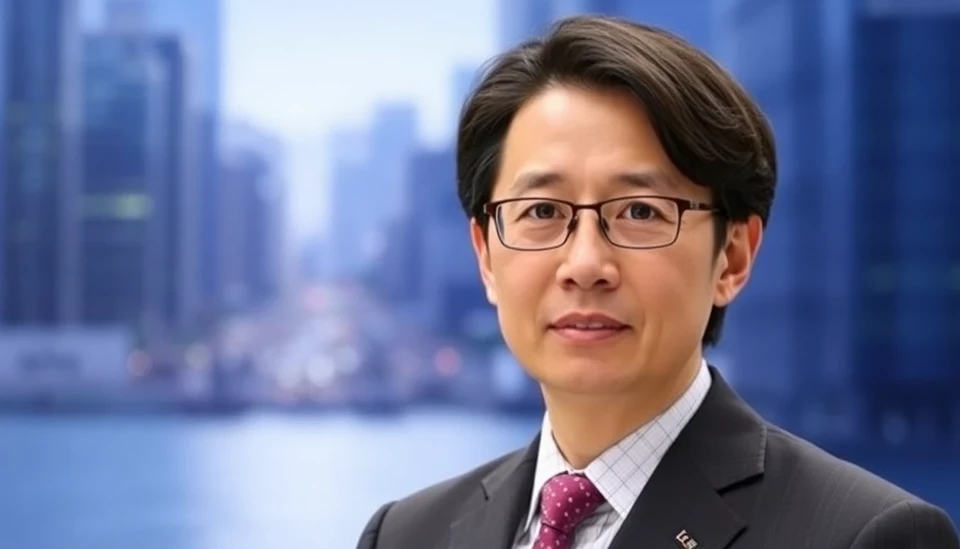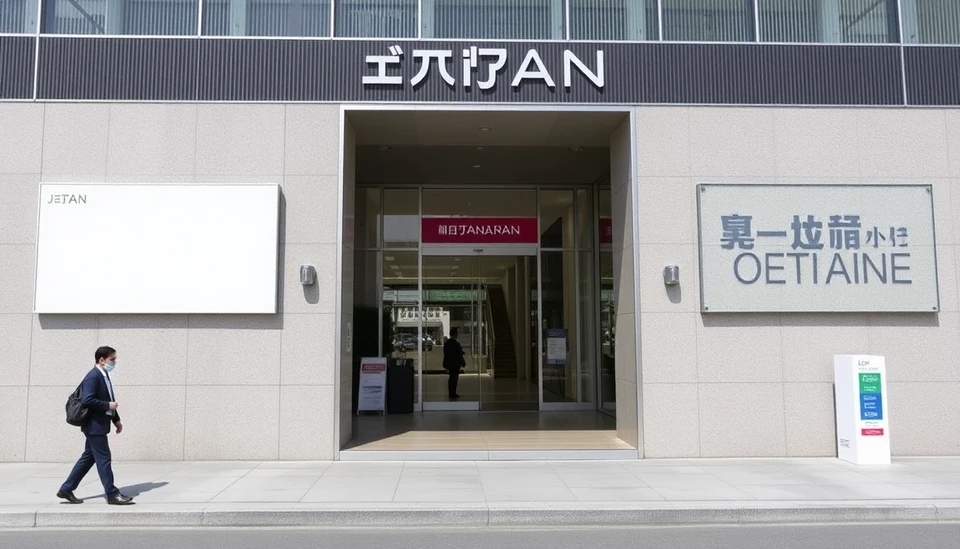
In a significant move that has sparked concerns among global trade partners, Japan has officially labeled the 24% tariff proposed by former President Donald Trump on Japanese automobiles as "regrettable." The Japanese government is actively seeking an exemption from this steep levy, arguing that it would have devastating implications for both the Japanese automotive industry and the broader economic relationship between Japan and the United States.
The tariff proposal, which has garnered attention as a part of Trump's broader agenda aimed at protecting American manufacturing, threatens to disrupt the established trade dynamics between the two countries. Japan's Minister of Economy, Trade and Industry, which oversees critical industries including automotive manufacturing, emphasized the potential fallout from such punitive measures, warning of severe repercussions for Japanese car manufacturers operating in the U.S. market. This situation raises critical questions about international trade policies and the balance of economic power.
Japan's reaction comes amid ongoing global negotiations and trade agreements, where the automotive sector plays a pivotal role. The Japanese government has articulated that the proposed tariffs would not only hinder vehicle exports but also compromise job creation and innovation within the automotive industry. Furthermore, officials are dwelling on the historical ties and economic cooperation that have long characterized U.S.-Japan relations, and they are urging a reconsideration of these tariffs based on mutual interests and benefits.
As part of their lobbying efforts, Japan is expected to engage in discussions with U.S. officials to make a case for the exemption. This dialogue is crucial, as the possibility of tariffs lasting into the long term could lead to increased prices for American consumers and affect the competitiveness of Japanese automotive companies that have invested heavily in U.S. operations.
In response to the U.S. tariff proposal, various stakeholders from the Japanese automotive sector have expressed their discontent, arguing that tariffs could stifle competition and innovation. They contend that a fair trade environment should focus on collaboration rather than restrictions that threaten to escalate trade disputes.
The situation continues to evolve as both nations navigate this complex issue, with Japan holding firm on advocating for its interests while balancing the need for a stable international trade framework. As discussions proceed, the impact of these tariffs on the global economy and bilateral relations remains to be seen.
While the U.S. administration has yet to formally implement the proposed tariff, Japan's swift and strategic response underscores the importance of maintaining open lines of communication between one of the world’s largest economies and its long-standing ally.
The outcome of Japan's push for exemption from these tariffs will be pivotal, not only for the automotive industry but for the overall trajectory of U.S.-Japan trade relations. Both countries must navigate these waters carefully to ensure that economic cooperation continues to thrive, promoting growth and stability in an increasingly interconnected global market.
As the situation develops, all eyes will be on Washington and Tokyo to see how they will resolve this mounting tension in international trade.
#Japan #TrumpTariff #AutomotiveIndustry #InternationalTrade #EconomicRelations #ExemptionPush #TradePolicy #GlobalEconomy
Author: Daniel Foster




